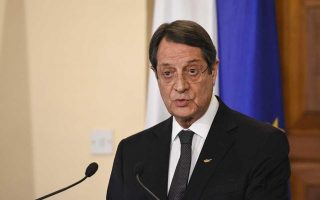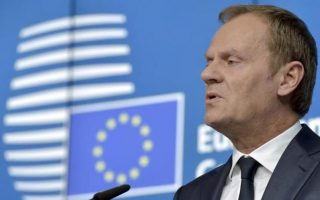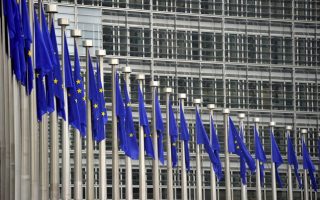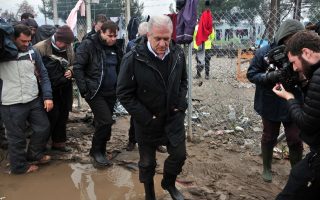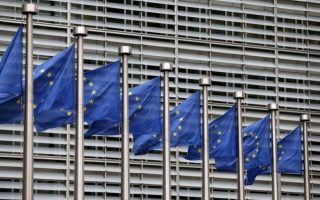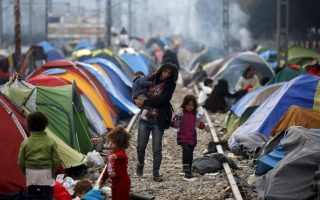EU scrambles to save embattled Turkey deal on migrant crisis
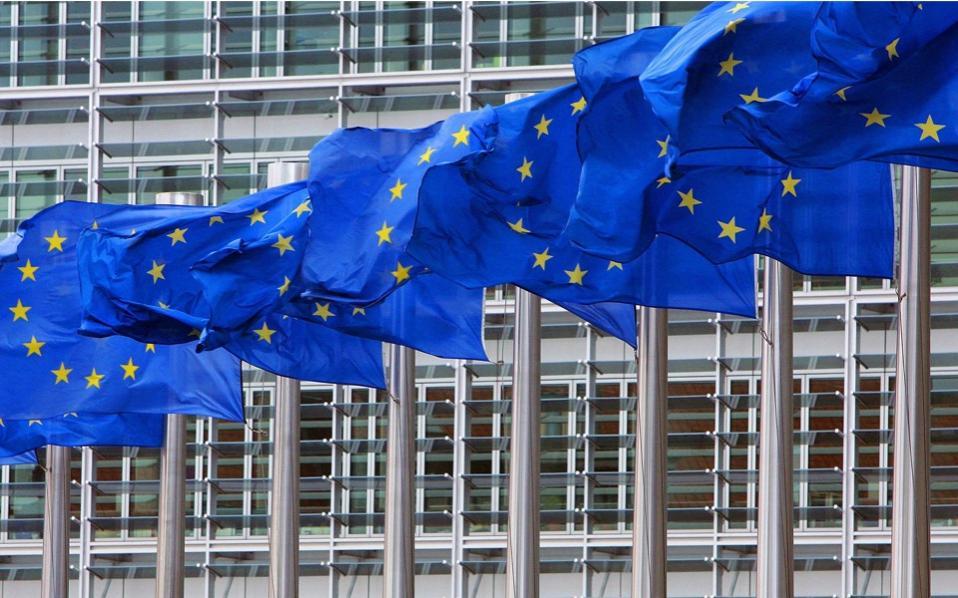
European leaders scrambled Wednesday to salvage an under-fire draft deal with Turkey to ease the migrant crisis with a round of shuttle diplomacy on the eve of a crunch summit.
The 28-member bloc, divided and desperate to end the biggest refugee influx in Europe since World War II, is pinning its hopes on an agreement with Turkish President Recep Tayyip Erdogan.
Under the plan hailed as a “game-changer”, Turkey would seek to stop the dangerous sea journeys of refugees and take back illegal migrants from Greece. For each Syrian it takes back, it would send one on to the EU in a more orderly redistribution program.
But the proposed deal – which would offer Turkey the carrot of eased visa requirements in the passport-free Schengen zone and an acceleration of long stalled EU accession talks – has drawn heavy fire on several fronts.
Cyprus has threatened to torpedo the plan over its territorial feud with Turkey, sparking plans for last-ditch talks between European Commission president Jean-Claude Juncker and President Nicos Anastasiades ahead of the Brussels summit starting Thursday.
The UN rights chief has also questioned the legality of any collective expulsions of asylum seekers from Greece.
And many critics have voiced unease over human rights concerns in any deal with Turkey, over its arrests of journalists and academics and an intensifying military campaign against Kurdish separatists.
German Chancellor Angela Merkel, a key architect of the plan, was set to address parliament Wednesday, as she faces intense domestic pressure to reduce the mass influx without making too many concessions to Turkey.
Such concerns have been echoed by France and the Czech Republic, which have warned against attempts by Turkey to strongarm Europe.
Czech President Milos Zeman charged that Ankara’s request for billions of euros more in EU aid amounted to “blackmail”.
The most immediate stumbling block has been thrown up by Cyprus.
EU president Donald Tusk jetted to Nicosia on Tuesday for emergency talks, and Juncker was set to meet Anastasiades to try to ensure the the long festering dispute does not derail the bloc's diplomatic initiative.
The eastern Mediterranean island has been divided since 1974 when Turkish troops invaded its north in response to an Athens-engineered coup attempt.
Turkey does not recognise the Cypriot government, and Nicosia has blocked six key chapters of Ankara’s negotiations for EU membership since 2009, effectively halting the process.
Tusk conceded there was “a catalogue of issues” to address before the Brussels talks, the largest diplomatic push yet to ease the flow of people streaming into the bloc.
More than 1.2 million people fleeing war and misery flocked to Europe last year, most hoping for new lives in wealthy Germany and Scandinavian countries.
Their desperation again became clear this week when some 1,500 made a dash across a river on the Greek-Former Yugoslav Republic of Macedonia border, only to be sent back to the muddy camps and tent cities on the Greek side.
The mass influx into northern Europe has been largely halted for now as eastern European countries have effectively shut down the Balkans route with coordinated border closures. Merkel has conceded that arrivals to Germany have been sharply reduced, but insisted this week that “we can see from pictures out of Greece that that is not a sustainable solution”.
In her address to parliament she was expected to make another strong push for a common EU policy, to bolster the bloc's external borders, crack down on traffickers and cooperate with Turkey to stem refugee flows.
Merkel has vowed to stay firm on her approach, despite strong electoral gains by a right-wing populist party in regional elections Sunday.
“Overall, I will continue what I have done in recent months,” she said Monday, acknowledging that the plans “need time”.
Merkel also made clear she was not about to sign a blank cheque for Erdogan, stressing that “it is very important to say that Turkey must fulfil all requirements without exception” in EU accession talks.
But her conservative Bavarian allies the CSU Tuesday laid down their red lines in any EU talks with Turkey – including denying it full EU membership, and demanding a fair relocation of Syrian refugees across all EU member states, not primarily Germany.
The CSU also said Berlin must address human rights concerns in all its talks with Ankara.
The same day three Turkish university teachers were detained on charges of “terrorist propaganda” and a British academic was questioned by police after allegedly distributing leaflets calling for Kurdish New Year to be celebrated on March 21.
[AFP]
